Nigerian TikTok sensation Peller has ignited a firestorm—and now claims his life is on the line—after pleading with Nigerians to abandon the #30DayRants challenge on the platform. The controversial streamer, known for his bold online persona, warned that the viral campaign critiquing poor governance could provoke a TikTok ban in Nigeria, a move he fears would gut his livelihood. But his stance has unleashed a torrent of backlash, with death threats now shadowing his every move, drawing chilling parallels to the shooting of his colleague Oloba Salo in Lekki last year.
The #30DayRants challenge erupted as a digital outcry, with Nigerians venting frustrations over economic hardship and leadership failures. Peller, however, saw it differently—a risk to the platform that’s made him a star. In a recent livestream, he laid bare the consequences of his plea: “I have been receiving death threats. Some people threatened to shoot me like they shot Salo in Lekki Phase 1. They asked me to watch my back when going out.” The reference to Salo, a fellow TikToker gunned down in October 2024—an attack he later blamed on singer Naira Marley—casts a grim shadow over Peller’s predicament. Salo’s ordeal, which left him hospitalized and uncertain about walking again, amplifies the stakes Peller now faces.
Peller’s call to halt the rants wasn’t just a casual suggestion; it was a desperate bid to protect his turf. “What is all this? I’m not talking again,” he lamented during the stream, rattled by the hostility. His warning—that relentless criticism might push the government to shutter TikTok—struck a nerve, costing him nearly a million followers across TikTok and Instagram in days. Critics, including Verydarkman’s lawyer Deji Adeyanju, slammed him, with Adeyanju quipping, “Is TikTok your father’s house?” Yet Peller doubled down, suggesting dissenters take their grievances to Instagram or local markets instead, a stance that only fanned the flames.
The backlash reveals a deeper rift. For many, #30DayRants is a lifeline—a raw, unfiltered megaphone for a populace fed up with empty promises. Peller’s attempt to muzzle it, however pragmatic his fears, was seen as betrayal, a streamer prioritizing profit over solidarity. His allusion to Salo’s fate—shot in Lekki Phase 1, a hub of wealth and volatility—hints at a real threat, though skepticism lingers. Nigeria’s online space is no stranger to hyperbole, and Peller’s flair for drama has fueled doubts about whether the threats are genuine or a bid to reclaim relevance.
As of March 30, 2025, Peller’s saga underscores the volatile intersection of social media, free speech, and personal safety in Nigeria. Whether the threats are real or rhetorical, they’ve silenced him for now, leaving a polarizing figure to navigate a storm of his own making. For a nation on edge, this clash is a stark reminder: even digital dissent carries a heavy price.

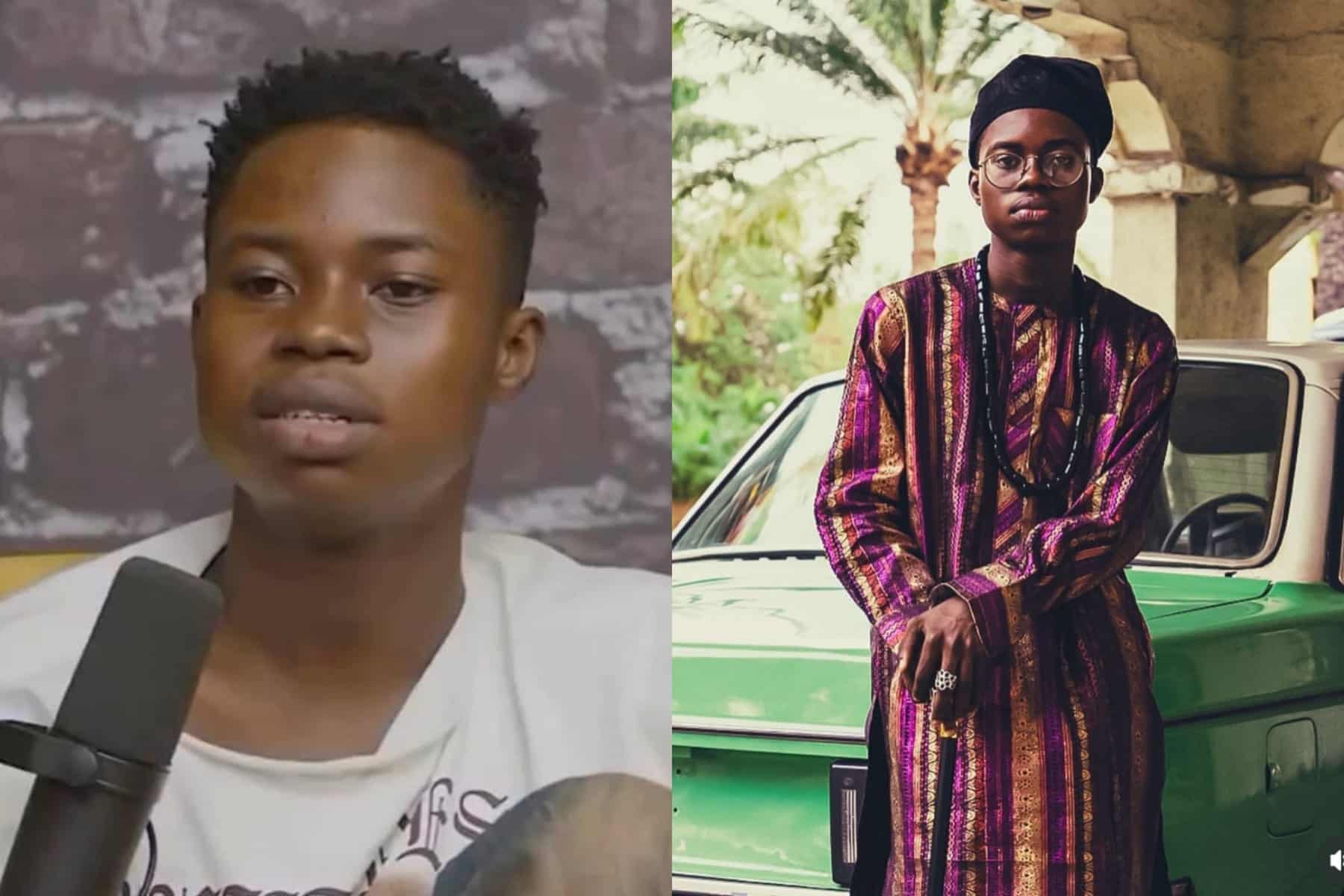
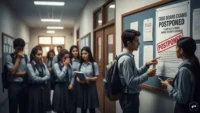
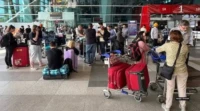
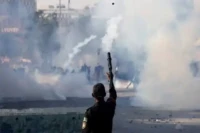
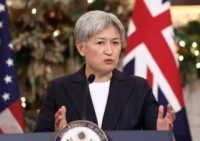
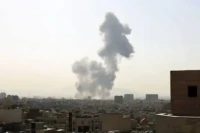
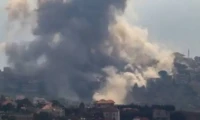
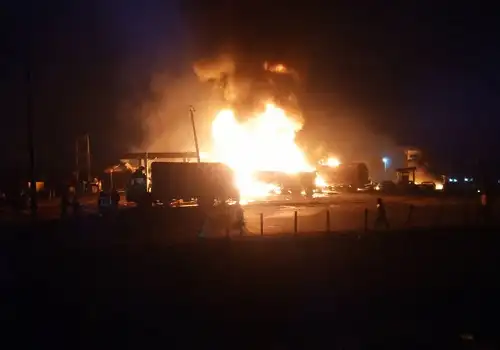
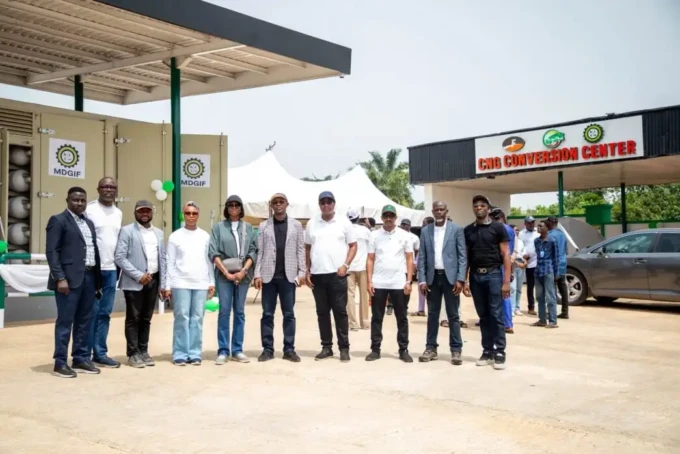
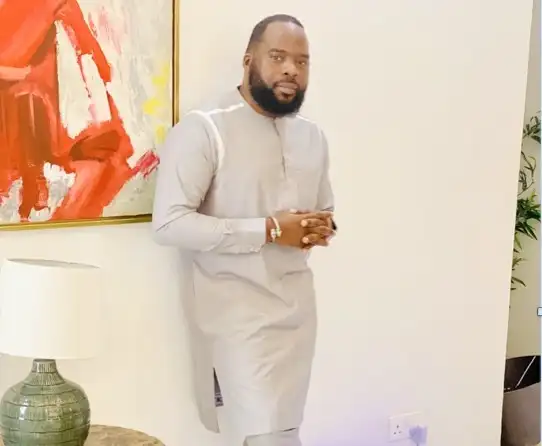

I cant believe people resort to threats over social media rants. Wheres the tolerance? Lets discuss.
I cant believe people resort to threats over rants. Lets discuss the impact of online negativity on mental health.
I dont get why people resort to threats over rants. Cant we just have a civil discussion instead? #StopTheHate.
I cant believe people are resorting to threats over #30DayRants. Freedom of speech should be respected, no matter what.